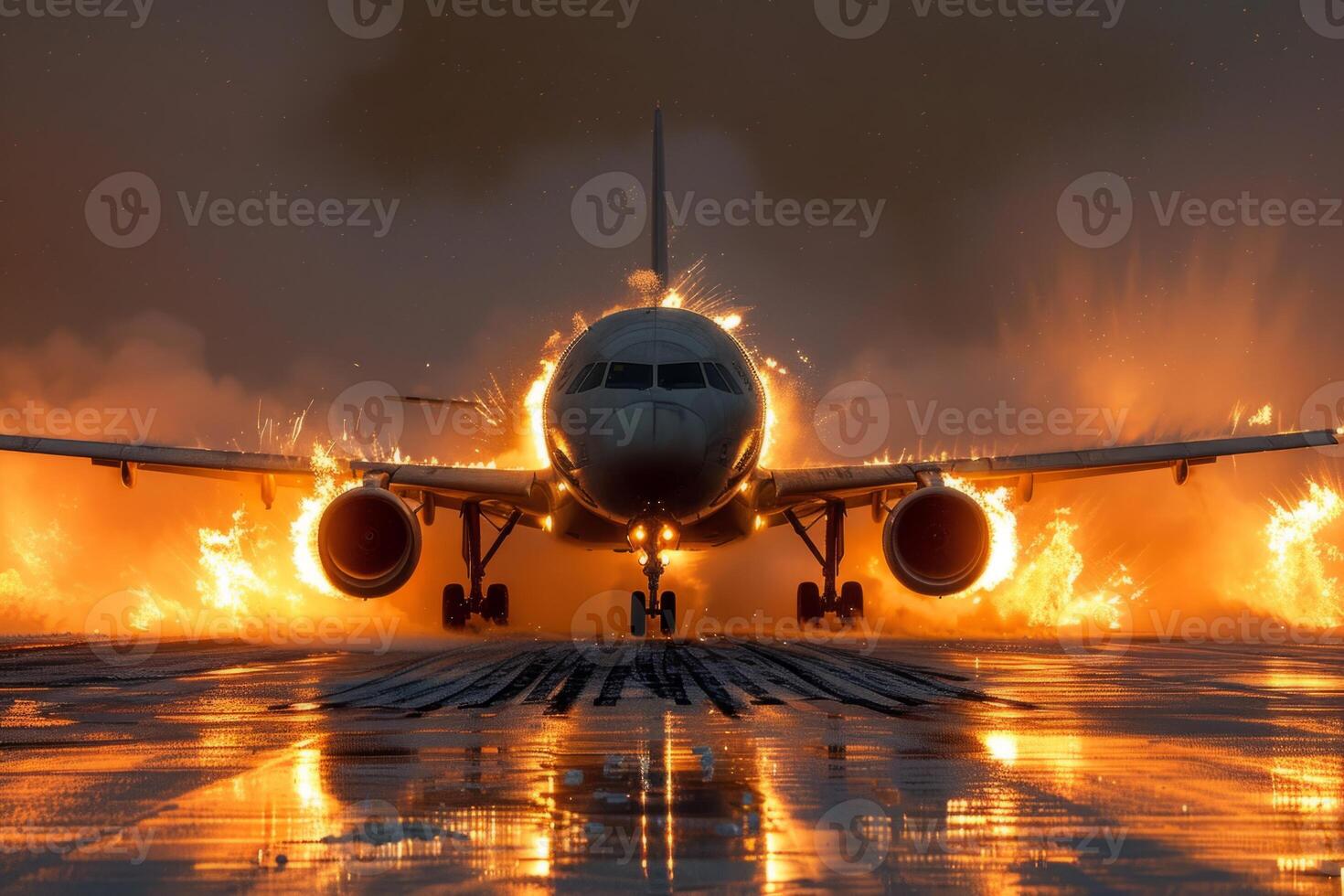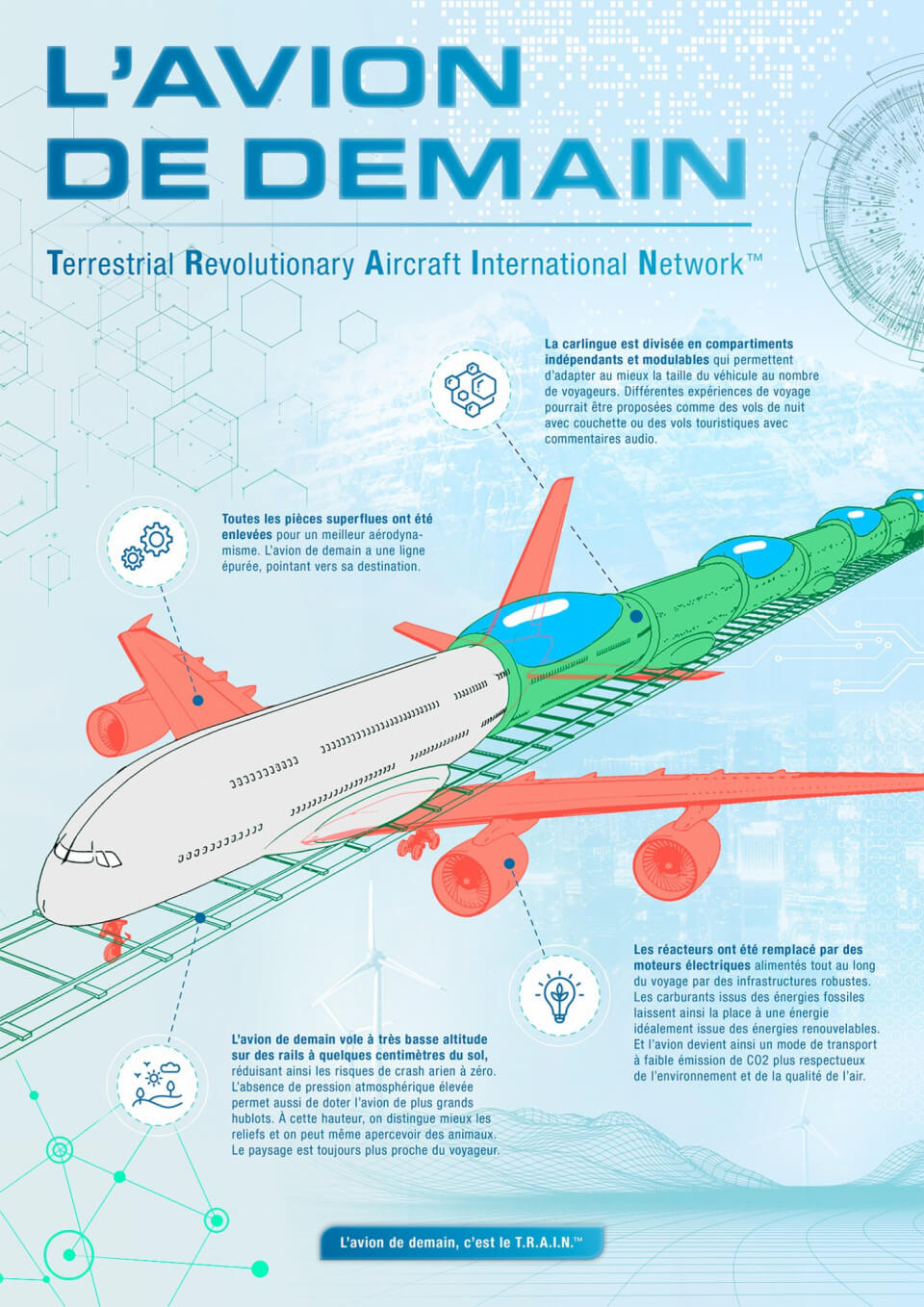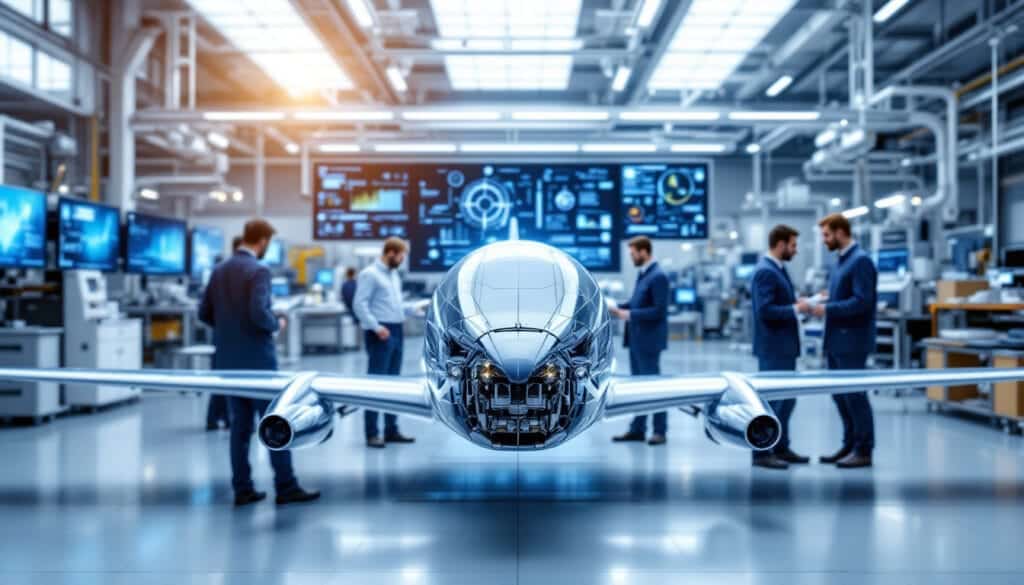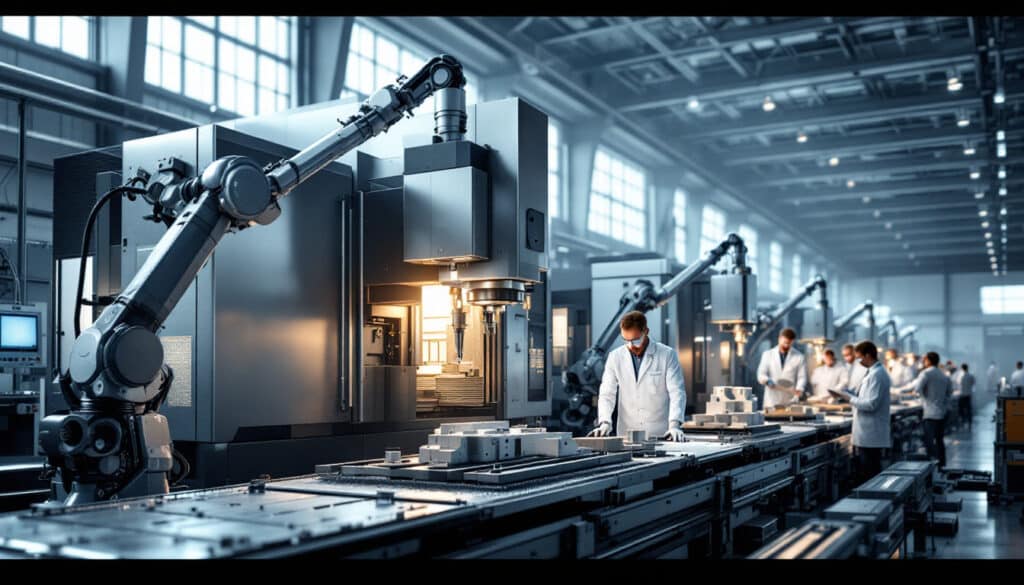Europe could well witness another episode of technological ambitions drifting out of reach: the sustainable aviation fuels (SAF). While the continent sets ambitious environmental goals, the local production of these revolutionary fuels struggles to take off, a similar red flag to that seen with electric batteries in the automotive sector. Many major players like Shell and BP are withdrawing, reflecting a lack of demand and fragile business models, as production migrates towards American and Asian horizons. With the European Refuel EU project, the Union is trying to stabilize the course, but facing a fierce global competition, Europe risks remaining in a holding pattern.
Europe is facing a major challenge regarding the adoption of sustainable aviation fuels (SAF). Despite regulatory initiatives such as Refuel EU to encourage their use, production remains limited. This situation echoes the struggle for dominance in electric battery production, where Europe seems to be lagging behind other regions of the world. The suspension of SAF projects by major players like Shell and BP highlights this distrust. Furthermore, SAF facilities are proliferating in the United States and Asia, while Europe may rely on imports, making it difficult to establish a sovereign supply chain. The situation underscores the need for a strong political signal to energize this strategic sector and avoid a similar failure to that of electric batteries.

Table des matières
Togglethe European regulatory framework for the integration of sustainable fuels
Europe has established an incentivizing framework to promote sustainable aviation fuels (SAF). The Refuel EU regulation is a strategy aimed at gradually integrating these fuels into the aviation sector. However, despite these efforts, production remains profoundly insufficient compared to the growing demand. The lack of investments and projects is still too evident, mainly due to the fragility of the business model and regulatory uncertainties. Producers are little encouraged to invest in this crucial area, pushing airlines to seek solutions outside of Europe.
comparison with the electric battery sector
Like electric batteries in automotive, Europe could lose leadership in SAF to the United States and Asia. The battery market has seen the rise of Asian giants who have dominated global production, a scenario that could be repeated with sustainable aviation fuels. Europe thus finds itself dependent on foreign technologies while it has put regulations in place to support local innovation. This dependence undermines the energy and industrial autonomy of the Old Continent.
economic and environmental stakes
The cost of SAF remains a major obstacle. In France, a ton of SAF would cost around 5000 euros, compared to 2000 euros in the United States. This price difference discourages investments and makes European airlines less competitive. According to Anne Rigail, CEO of Air France, this would lead to a significant cost increase by 2030. Thus, without strong incentives, both political and economic, the rapid and massive development of this technology risks stagnating, thereby hindering the environmental goals set by Europe for net-zero carbon aviation. More information on the impact of planes on climate change can be found on the Ministry of Ecological Transition website.





